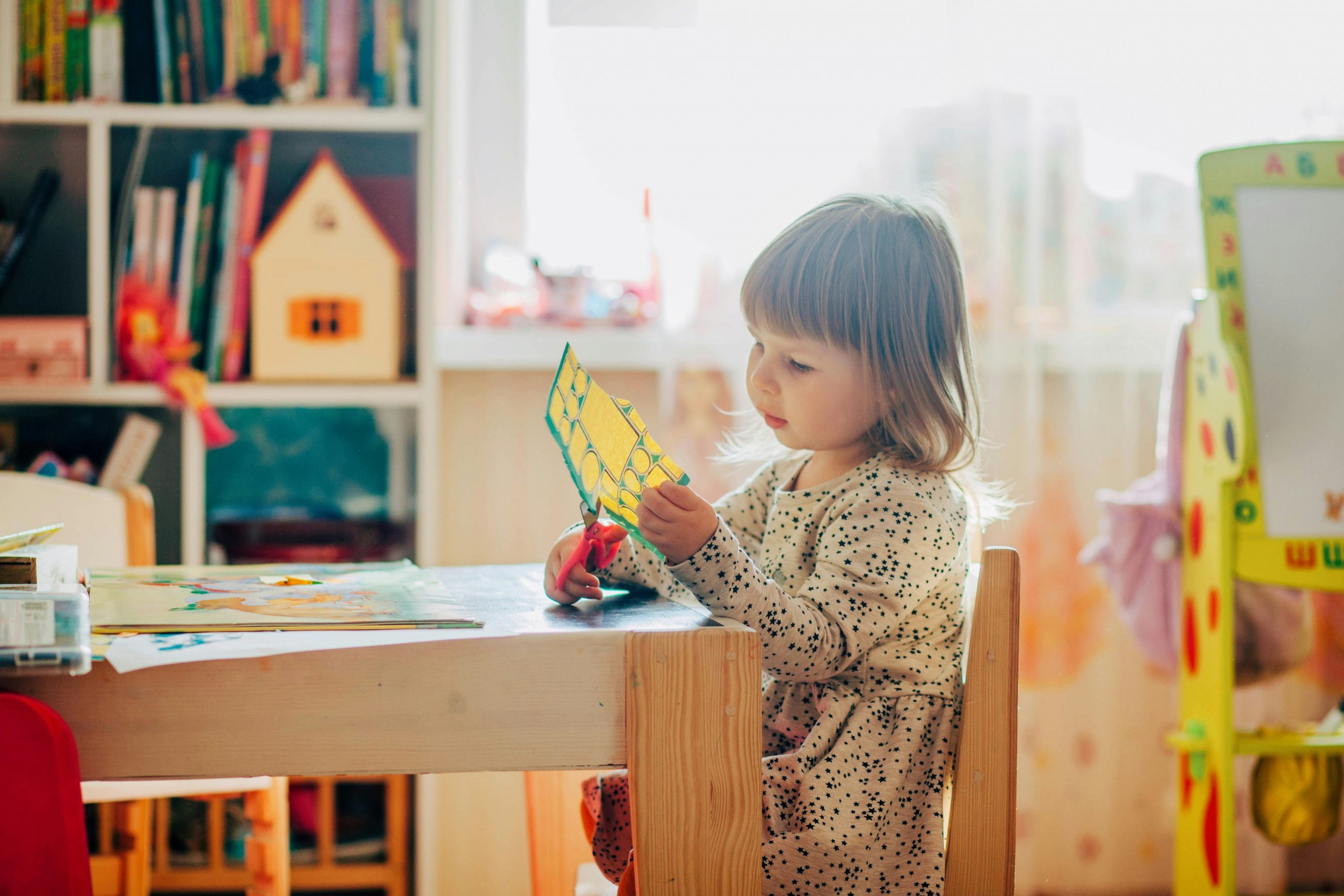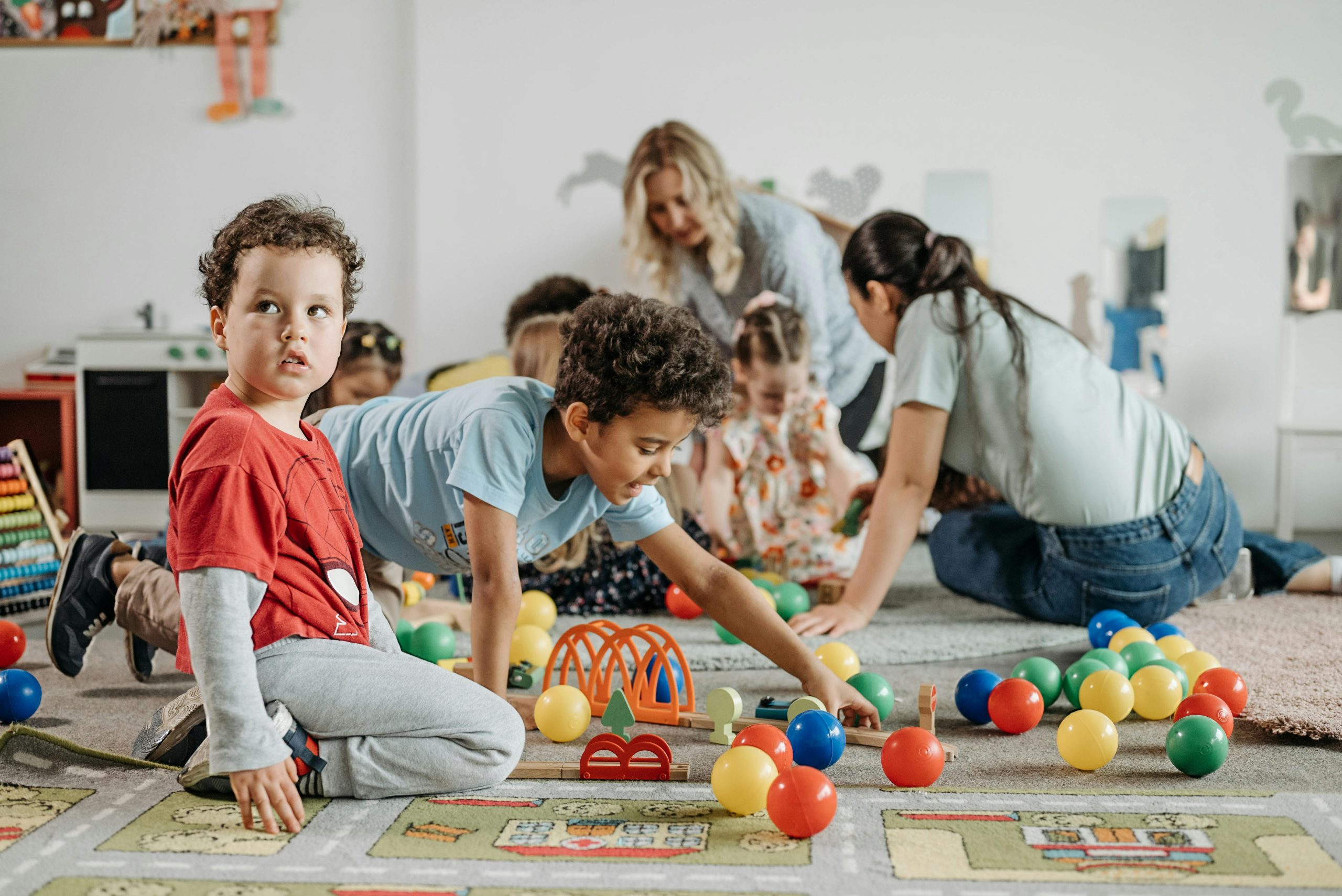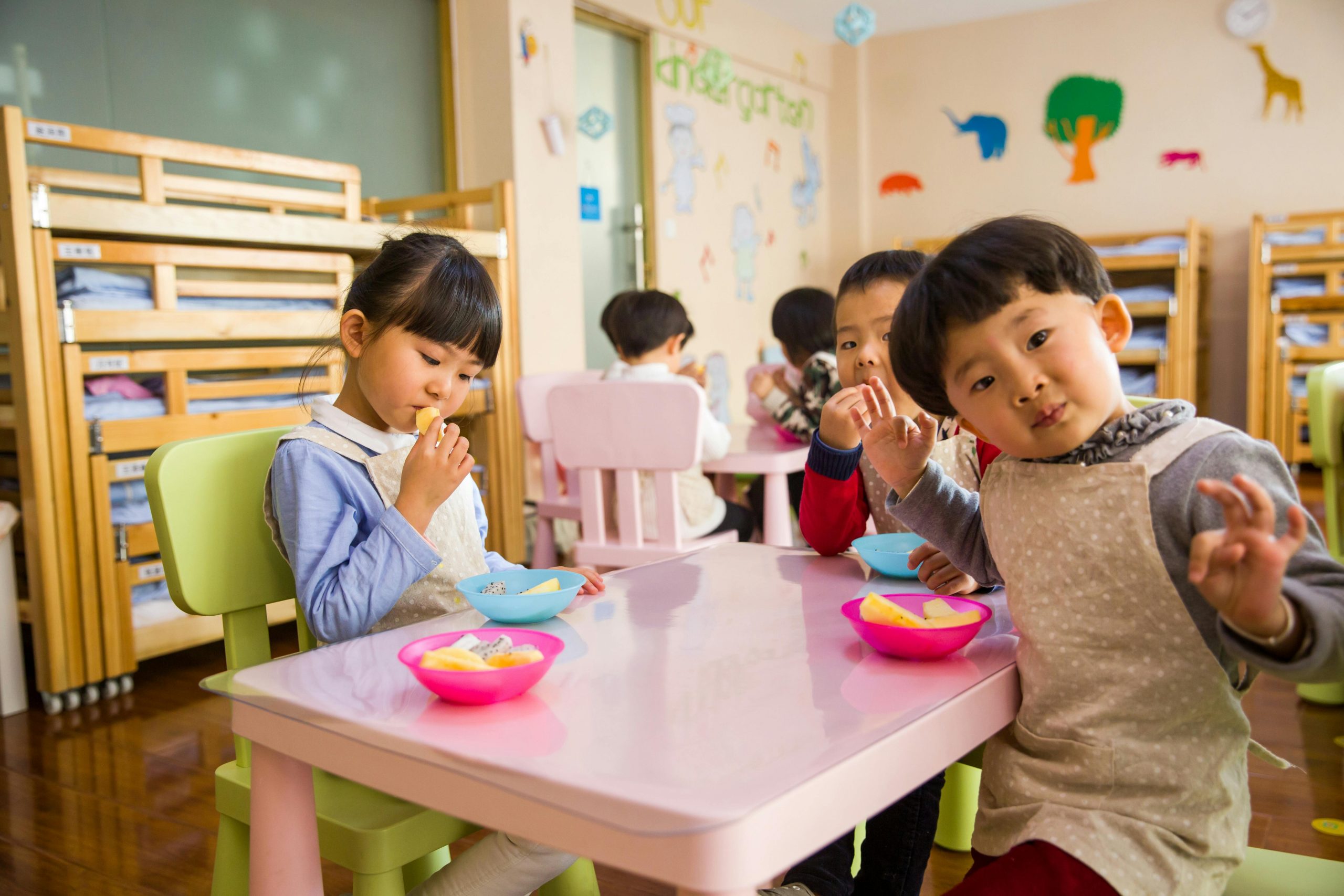Kindergarten is a major milestone in your child’s life. It marks the beginning of formal education and helps shape the foundation for future learning. While this can be an exciting time, it’s also normal to feel a little overwhelmed—both for parents and kids. The good news? With the right steps, preparing for kindergarten can be a smooth and even enjoyable experience.
This guide will walk you through everything you need to know: from basic academic and social skills to creating routines and easing first-day nerves. Whether your child is attending public school, private school, or a homeschool setup, being well-prepared makes all the difference.
Why Kindergarten Readiness Matters

Kindergarten isn’t just about learning ABCs and 123s. It also involves social development, emotional skills, listening, and following directions. Children who are well-prepared tend to adjust more easily and feel confident in the classroom.
Readiness helps:
- Boost your child’s confidence
- Ease separation anxiety
- Improve behavior and classroom participation
- Build a love for learning from the start
Let’s dive into how to make that happen.
Building Academic Foundations
Your child doesn’t need to be able to read or write perfectly before kindergarten, but having some basic academic knowledge can help them feel more at ease.
Key Skills to Practice:
- Recognizing letters and their sounds
Help your child sing the alphabet and identify letters in books, signs, or labels. - Counting to 10 or 20
Play number games or count everyday items like apples or toys. - Recognizing shapes and colors
Use puzzles or coloring books to build familiarity. - Writing their name
Practice writing their first name with crayons or markers. - Holding a pencil correctly
Encourage activities like tracing, coloring, or drawing to build fine motor skills.
Remember, it’s okay if your child isn’t perfect at these tasks. Kindergarten teachers are there to support their growth. The goal is to introduce these skills and encourage learning in a fun, low-pressure way.
Encouraging Independence
Children are expected to do a few things on their own during the school day. The more independent they are, the more confident they’ll feel.
Help Your Child Learn to:
- Use the bathroom without help
- Wash hands and use tissues
- Pack and unpack their backpack
- Open lunch containers and snack packages
- Follow simple two-step directions (like “Hang your bag and sit at your desk”)
Practice these routines at home. You can even make it into a game—like a race to get ready for the day or a pretend classroom session.
Building Social and Emotional Skills
Kindergarten is often the first time kids are in a classroom setting with many other children. Social and emotional readiness plays a huge role in how well they adjust.
Teach Your Child to:
- Take turns and share toys
- Use words to express feelings (“I feel sad,” “I need help”)
- Listen when others are talking
- Wait patiently for their turn
- Follow group rules and routines
Reading books about school or role-playing different scenarios (like waiting in line or raising a hand) can help them get more comfortable.
Establishing Routines
Getting ready for school isn’t just about academics—it’s about setting healthy habits and daily routines.
Tips for Creating a Back-to-School Routine:
- Start a sleep schedule
Begin adjusting bedtimes and wake-up times 2–3 weeks before school starts. - Practice morning routines
Have your child get dressed, brush teeth, and eat breakfast at a regular time. - Set a predictable evening routine
Bath time, reading, and bedtime should happen in the same order each night. - Use visual charts
Chore charts or routine boards with pictures help kids follow steps more easily.
These routines help children feel secure and teach them time management from an early age.
Getting Familiar with the School Environment

If possible, visit the school before the first day. Walk through the halls, meet the teacher, and let your child see the playground and classroom.
Other Helpful Ideas:
- Attend orientation or “meet the teacher” events
- Read books about starting school (like The Kissing Hand or Miss Bindergarten Gets Ready for Kindergarten)
- Practice saying goodbye with short playdates or daycare visits
Knowing what to expect helps ease your child’s nerves—and yours too.
Shopping for School Supplies
Shopping for school supplies can be a fun part of preparing for kindergarten. It also gives kids a sense of ownership over their learning.
Suggested Kindergarten Supply List:
- Backpack (child-sized with padded straps)
- Lunchbox or snack container
- Crayons, markers, and colored pencils
- Glue sticks and child-safe scissors
- Folders and a pencil case
- Extra set of clothes (in case of spills or accidents)
Let your child pick out some items—this builds excitement and helps them feel more involved.
Staying Positive About the Transition
Even if your child is nervous about starting school, your attitude will shape theirs. Stay calm, be encouraging, and talk about school as an exciting adventure.
Keep These Tips in Mind:
- Talk about the fun things they’ll do (make friends, play games, learn new stuff)
- Share your own happy school memories
- Avoid overloading your child with information—keep it simple and upbeat
- Stay consistent with your message: “You’re ready, and school will be great!”
Handling First-Day Jitters
It’s normal for both kids and parents to feel emotional on the first day. Some children will walk in confidently, while others might cry or cling. Both reactions are okay.
To Help Your Child Feel Secure:
- Say goodbye with a smile—even if you’re nervous
- Keep goodbyes short and reassuring (“I love you! Have a great day!”)
- Trust the teacher to help your child adjust
- Remind your child that you’ll be back soon
Stick with the routine, and don’t give up if there are a few tough days. Most kids adjust quickly once they realize school is safe and fun.
Supporting Learning at Home
Kindergarten readiness doesn’t stop on the first day. Supporting your child’s growth throughout the year helps them thrive.
Try These Activities at Home:
- Read together daily—even just 10 minutes a night
- Let them write or draw stories
- Play number games, puzzles, and educational apps
- Ask about their day: “What was the best part?” or “What did you learn?”
- Praise their efforts, not just results
Learning is a journey. Celebrate progress, be patient, and stay involved.
When to Ask for Help
If you’re worried that your child isn’t quite ready, talk to their preschool teacher or pediatrician. Some kids need extra time or support—and that’s okay. Every child develops at their own pace.
Early intervention services, speech therapy, or occupational therapy can make a big difference when needed. Don’t hesitate to ask for guidance.
Final Thoughts
Preparing for kindergarten is a big step—but it doesn’t have to be a stressful one. With the right mix of learning, routines, and emotional support, your child will feel ready and excited for this new chapter. Think of it as a team effort: you, your child, and the school working together.
And remember, getting ready for school is about more than just backpacks and pencils. It’s about helping your child grow, feel confident, and fall in love with learning—one day at a time.
